592 rezultāti atrasti
Skip results of view Ziņas
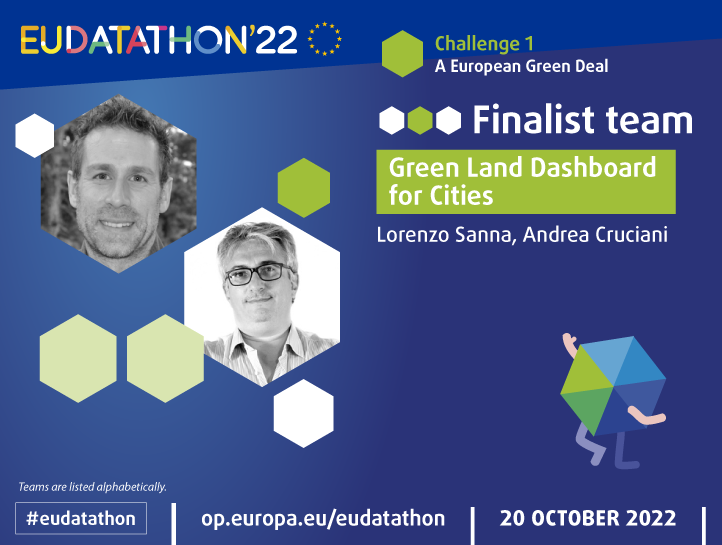
‘The teams behind the apps’ is a series of videos made by the EU Datathon finalists. Get to know this year’s teams and their apps over 12 episodes, twice per week, in the run-up to the competition finals. On 20 October, the teams will pitch their apps to the jury that will select the winners. The audience will also have a chance to support their favourite team in the Public Choice Award vote. Register now to follow the finals online! With the temperature rising and cities growing bigger, green spaces are crucial for our well-being. Competing in the ‘European Green Deal’ challenge, Green Land
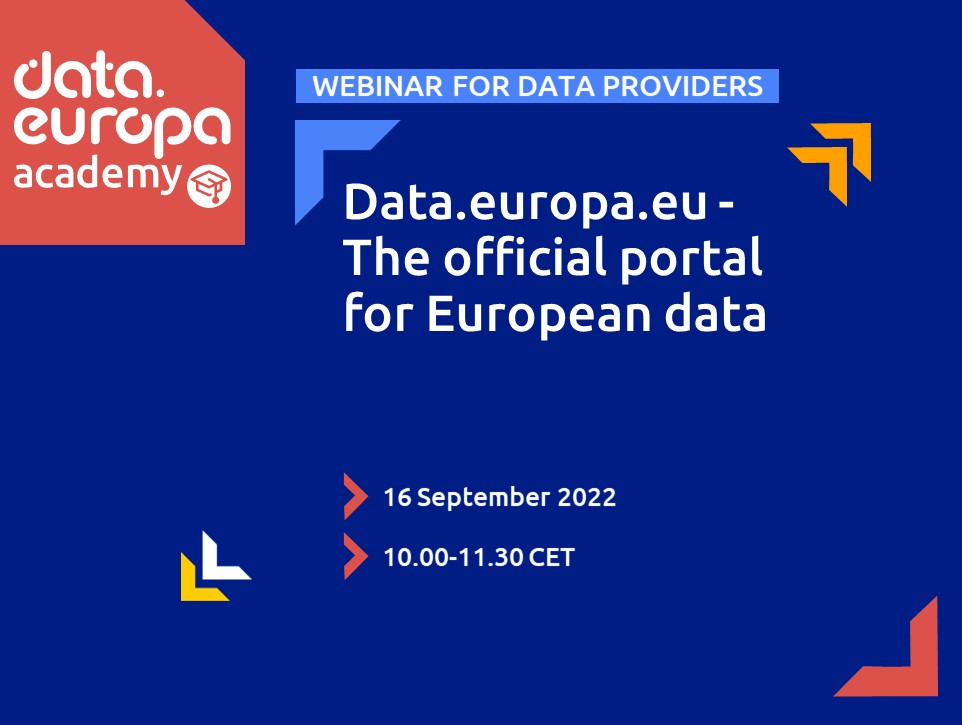
What are the benefits of using data.europa.eu services and making data open? Join the data.europa academy’s webinar ´ Data.europa.eu - The official portal for European data ` on Friday, 16 September from 10:00 – 11:30 CET. See what data.europa.eu can offer to your organisation and how to start publishing open data. In the webinar, we will present the milestones of our open data services and ongoing projects, such as the learning path of the data.europa academy and the annual EU Datathon. To participate in the session, register via this form . Registration links for the upcoming webinars will
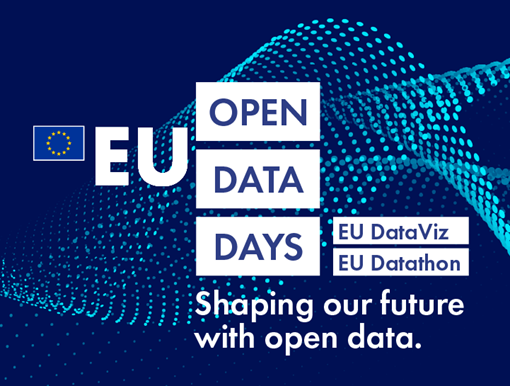
Last November, the Publications Office of the European Union organised the EU Open Data Days . Over the three days (23 – 25 November 2021), the event showed the benefits of open data to more than 2300 EU public sector representatives, citizens and businesses under the main theme: ‘ shape our future with open data’. Over 70 speakers from across the world took the floor in six thematic sessions . Each of these sessions provided an overview of innovative techniques and best practices used in both the private and public sector. Moreover, they offered the participants valuable insights into open
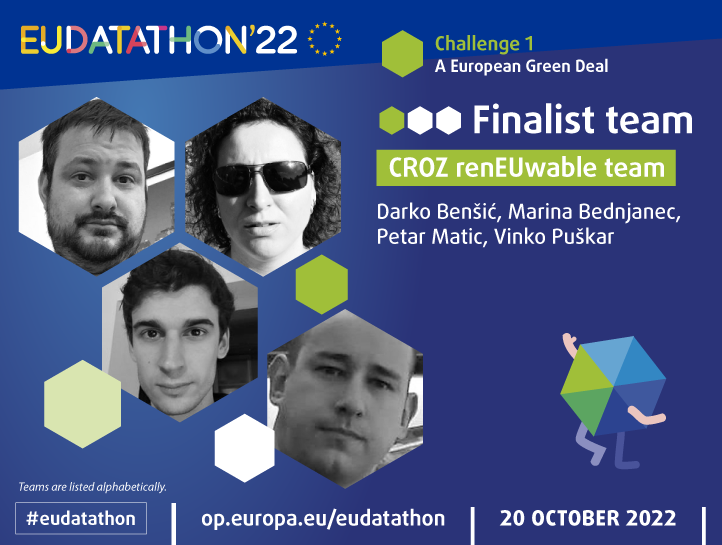
‘The teams behind the apps’ is a series of videos made by the EU Datathon finalists. Get to know this year’s teams and their apps over 12 episodes, twice per week, in the run-up to the competition finals. On 20 October, the teams will pitch their apps to the jury that will select the winners. The audience will also have a chance to support their favorite team in the Public Choice Award vote. Register now to follow the finals online! The CROZ renEUwable team is competing in Challenge 1: ‘A European Green Deal’. Their app ‘renEUwable’ combines environmental, social and economic data analysis to
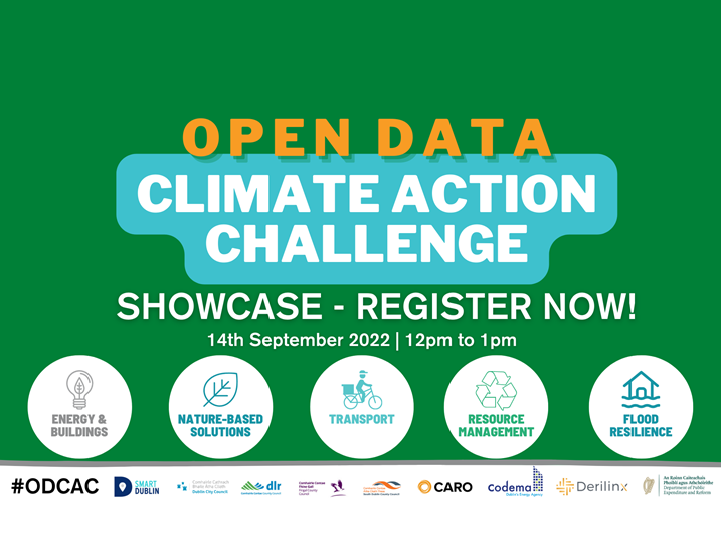
Save the date and join Smart Dublin’s webinar ‘ Open Data Climate Action Challenge ' on Wednesday 14 September 2022 between 12:00 – 13:00 CET! The webinar will feature a keynote speech from Professor John Sweeney, a Climatologist and a contributing author to the fourth Assessment Report of the Intergovernmental Panel on Climate Change , before opening the floor to the seven shortlisted projects. Participants in the challenge were given two months to develop tools, dashboards, analyses and applications which address the climate crisis in some shape or form. A committee of representatives from
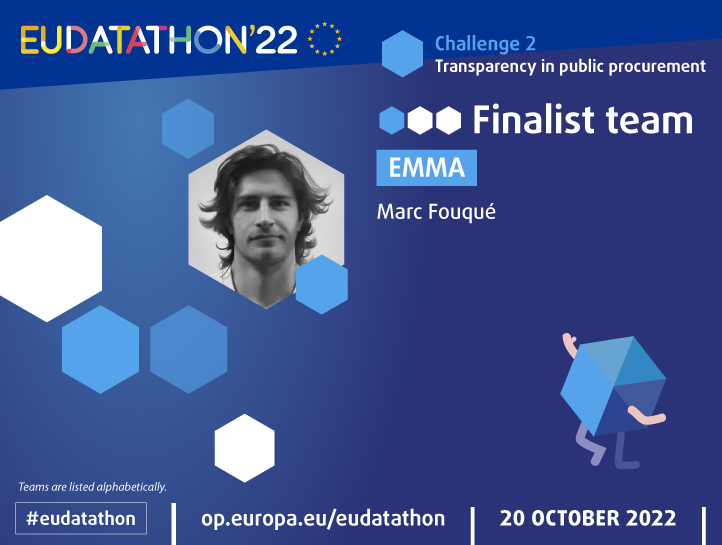
‘The teams behind the apps’ is a series of videos made by the EU Datathon finalists. Get to know this year’s teams and their apps over 12 episodes, twice per week, in the run-up to the competition finals. On 20 October, the teams will pitch their apps to the jury that will select the winners. The audience will also have a chance to support their favorite team in the Public Choice Award vote. Register now to follow the finals online! ‘Emma Monitors Malicious Activity’ (EMMA) is a prevention and early detection tool against fraud. It enables public institutions, journalists and civil society to

Following the decision to change the format of Tender Electronics Daily (TED) notices, from 14 November 2022, the Publications Office will start publishing eForms notices. More specifically, both the current standard forms and eForms will be displayed in TED and made available for reuse. To process both types of notices, TED data reusers will need to adapt their systems. To facilitate this shift, the Publications Office of the European Union will organise the online workshop ‘ eForms for reusers of TED data ’ on 27 September 2022 between 10:00 to 16:00 CET. Speakers in the workshop will inform

On 27 April, the European Union, the United States of America, and several international partners proposed a Declaration for the Future of the Internet . In this proposal, they set out a vision and principles of a trusted Internet and how to ensure that it is open, free, global, interoperable, reliable, and secure whilst continuing to protect and respect human rights online and across the digital world. The Connecting Europe Facility (CEF) Telecom Programme contributes to this declaration and its vision by supporting several projects in various Digital Service Infrastructures (DSI) for a
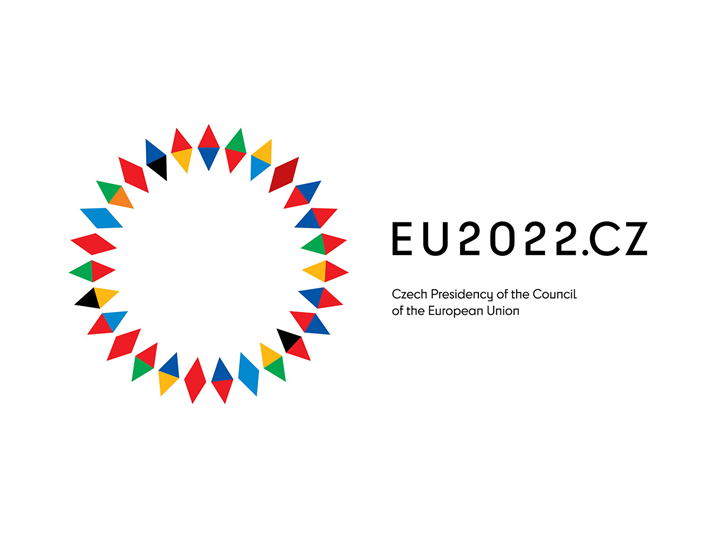
On Friday 1 July 2022, the Czech Presidency of the Council of the European Union (EU) began. On the day of their inauguration, the Czech Republic has published its programme for the duration of their presidency. The programme covers the priorities and main directions of the presidency and can be divided into two parts: Priorities of the Czech Presidency , and Programme of the Czech Presidency under the EU Council formations . The first part of the programme defines five priority areas: Managing the refugee crisis and Ukraine’s post war recovery Energy security Strengthening Europe’s defence
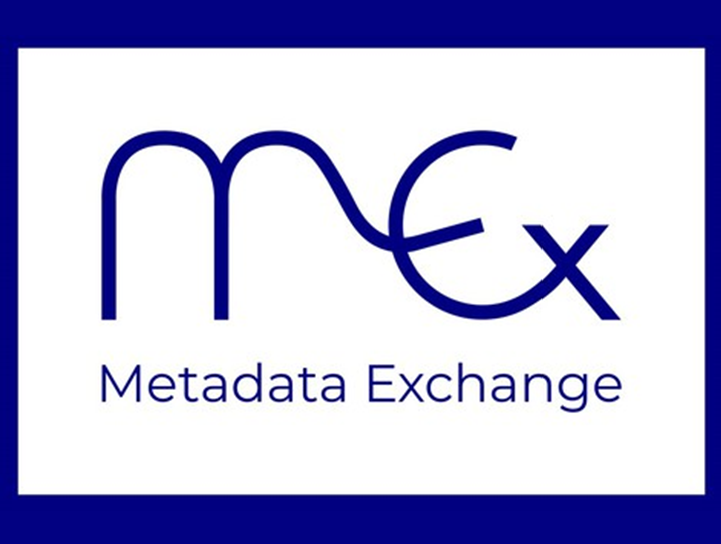
On 5 July 2022, the metadata exchange platform (MEx) was launched in Potsdam, Germany. MEx is a digital platform that maps metadata on research activities and (open) research data centred around healthcare at the Robert Koch Institute (RKI) in a transparent way, with the aim of facilitating data reuse. The platform is aimed to encourage academic discussions amongst scholars, researchers in the field of Artificial Intelligence to accelerate research and innovation, data journalists, and others interested in healthcare research. MEx is the first joint public health project of the Potsdam-based
